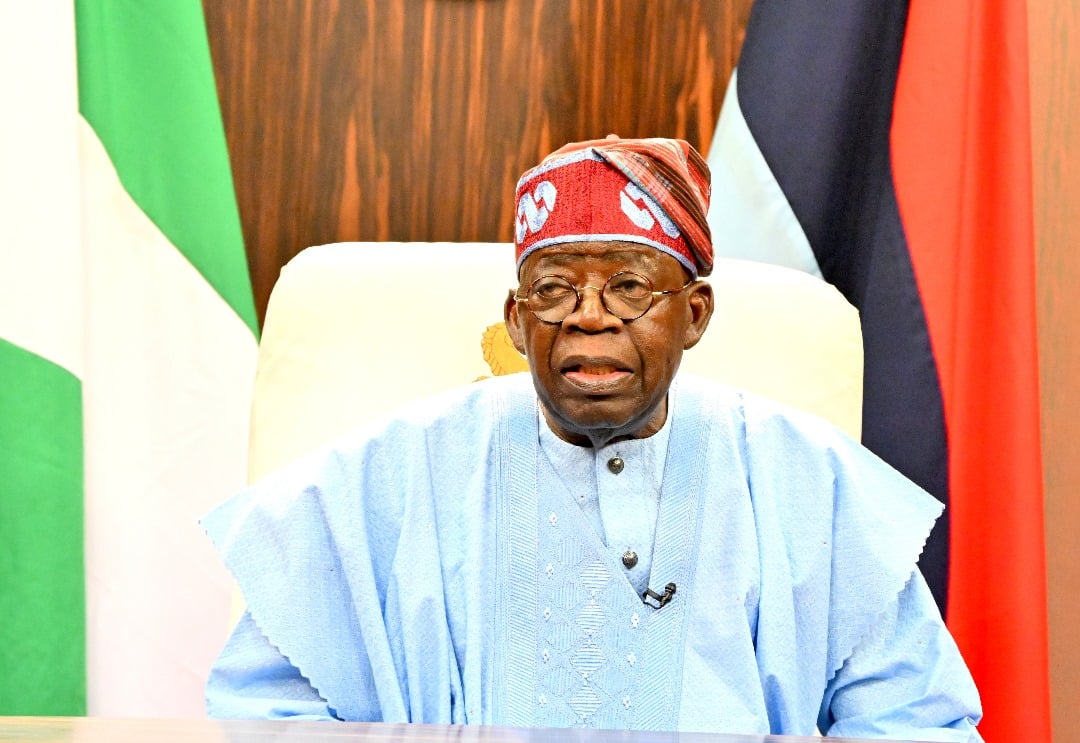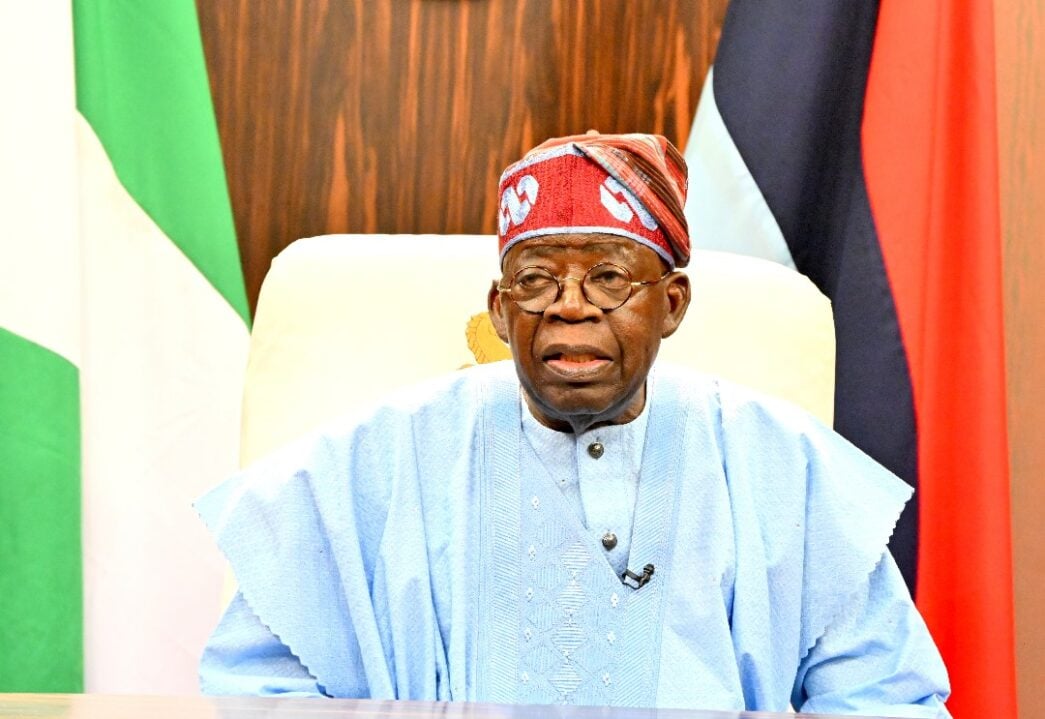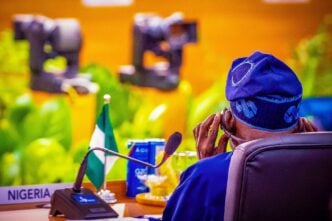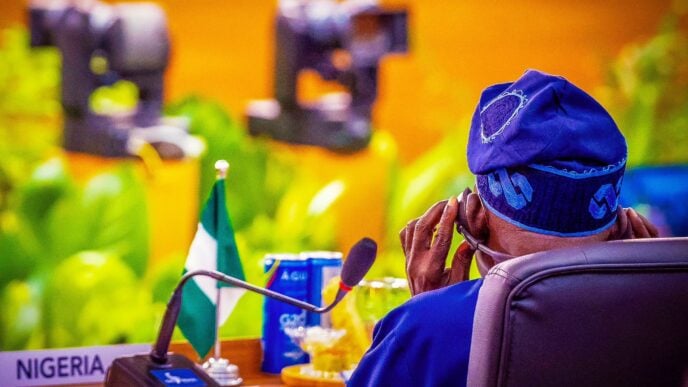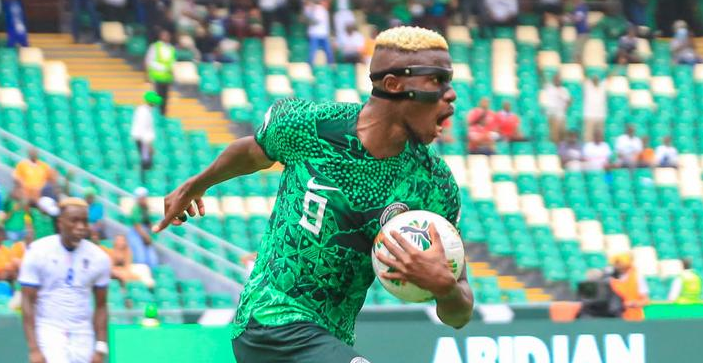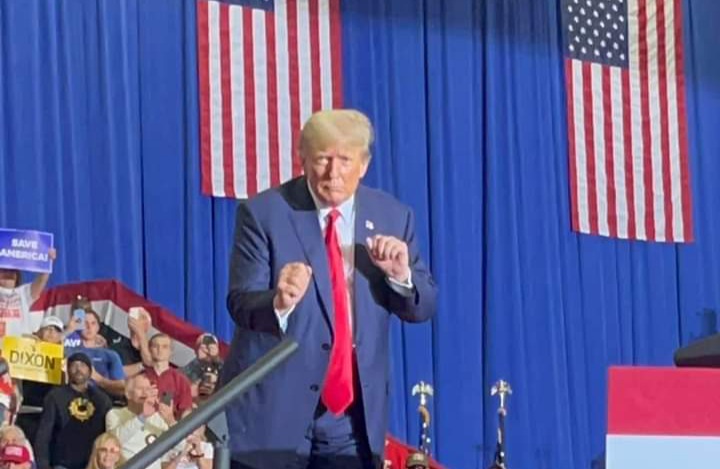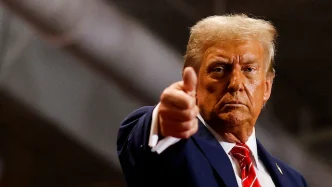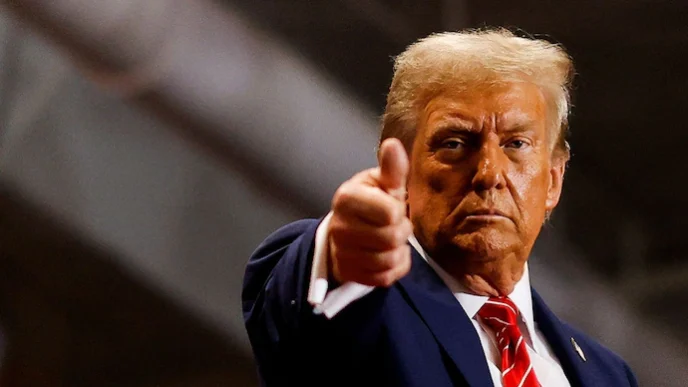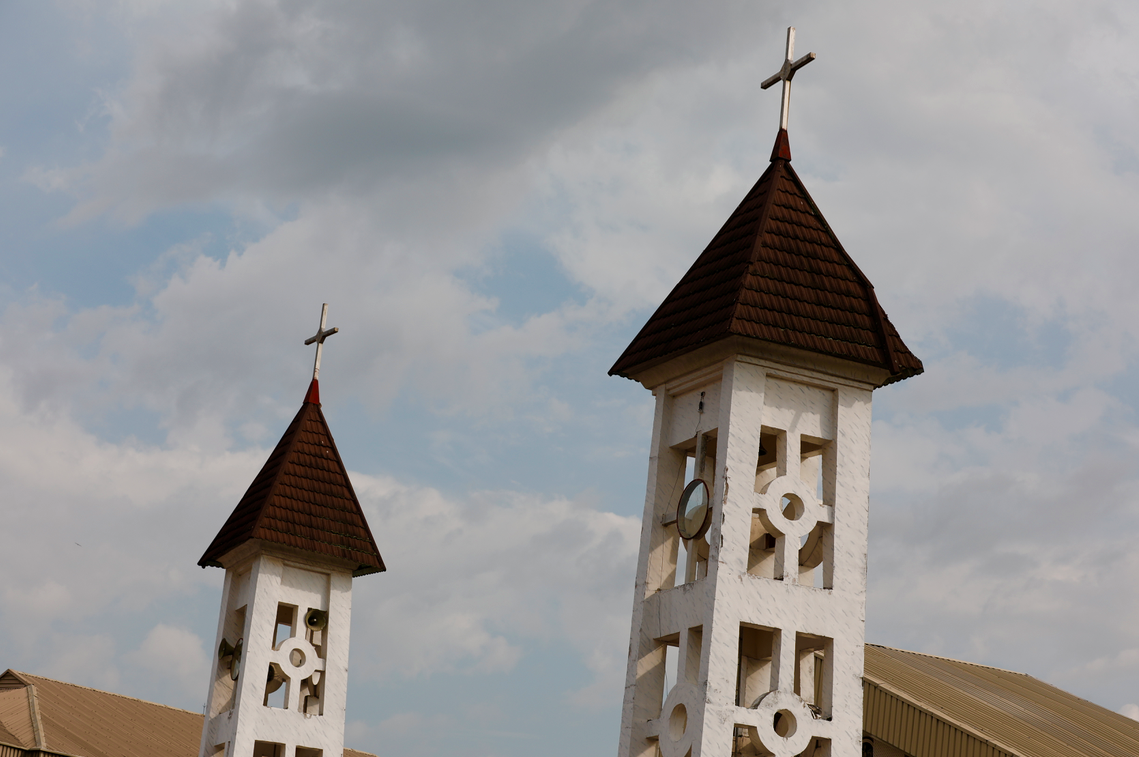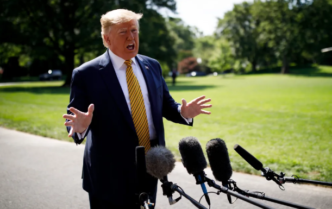September 29: The Office of the Secretary to the Government of the Federation (SGF) issued a statement announcing the cancellation of a parade earlier scheduled to mark Nigeria’s 65th Independence Anniversary on Wednesday, October 1.
According to the terse statement signed by the Director of Information and Public Relations in the SGF’s office, Segun Imohiosen, the cancellation “is in no way a diminishment of the significance of this milestone anniversary.” Although the statement regretted “any inconvenience caused”, it nonetheless stressed that “other activities lined up for the anniversary will proceed as scheduled”. For the uninitiated, the “other activities” include “the traditional presidential broadcast, cultural programmes, and the grand finale of the National Campus Debate”.
The statement gave no reason for the parade cancellation but only said the “understanding” by the diplomatic community and invited guests was appreciated and urged all Nigerians “to continue to support the Renewed Hope Agenda of the present administration.” The SGF himself, Senator George Akume, would explain later on the same day at a “world press conference” that “Independence Day is a profound opportunity for us to reflect on how far we have come as a people, celebrate our resilience, and renew our commitment to unity, peace and progress”.
For more than ten years previously, October 1 at the federal level had been marked like a “parlour party” with only a few top government personalities in attendance and they scarcely represented the diversity of the country. The Renewed Hope era was probably moved to seeing that the ugly past was erased, hence the earlier plan to have a parade wherein all shades of Nigerians would be represented in the pursuit of much-needed unity. But now, there could only be another October 1 in 2026.
Advertisement
Curiosity was still sweeping across Nigeria, with regard to why such a momentous occasion would be called off at a late hour, and without any cogent reason. Some even wondered if the cancelling authorities weighed the implication in view of national image. But, like other happenings that bordered on letdown, this also soon got taken over by other events as one thing swiftly led to another in the next two weeks.
October 19: Various reports said the Nigerian army authorities denied that 16 officers had been arrested over a coup plot after Sahara Reporters and Premium Times reported earlier that the officers were planning to overthrow President Bola Tinubu, who only marked two years in office on May 29.
“The Armed Forces of Nigeria wishes to categorically state that the claims by the said publication are entirely false,” Brigadier General Tukur Gusau, Director of Defence Information, said a statement without specifying which media outlet he meant, although the two media outlets had cited defence sources in their reports.
Advertisement
According to the Army defence information chief: “The Defence Headquarters urges members of the public to disregard the falsehood being circulated by the purveyors of misinformation and enemies of our nation. The Armed Forces of Nigeria remains firmly loyal to the Constitution and the Federal Government under the leadership of the Commander-in-Chief of the Armed Forces, President Bola Ahmed Tinubu.”
But Gusau confirmed the number of officers arrested as 16, though he said their arrest resulted from “a routine military exercise” over grievances stemming from career stagnation caused by repeated failure in promotion examinations, among other issues”. He stressed that the “exercise” aimed at “ensuring discipline and professionalism are maintained within the ranks”.
Perhaps, to douse the curiosity that arose sequel to the eleventh-hour cancellation of the aforementioned October 1 parade, Gusau said: “The decision regarding the cancellation of 65th independence anniversary parade was to allow Mr. President attend a strategic bilateral meeting outside the country and for members of the Armed Forces of Nigeria to sustain the momentum on the fight against terrorism, insurgency and banditry.” It would be supposed that this explanation either created more curiosity or put the army authorities at odds, especially as it gave no details on “strategic bilateral meeting” that could schedule the president for an international engagement on a day known worldwide as the most important on the Nigerian calendar and what “momentum” the armed forces could be sustaining on that particular day that had not been sustained before and could not be sustained after.
October 24: A breaking news went viral that President Tinubu had summarily relieved the Chief of Defence Staff, General Christopher Musa; Chief of Naval Staff, Admiral Emmanuel Ogalla; and Chief of Air Staff, Air Marshall Hassan Abubakar, of their duties. In their places, the president appointed the former chief of army staff, General Olufemi Oluyede, as the new Chief of Defence Staff; Major General Waidi Shaibu as Chief of Army Staff; Rear Admiral Idi Abbas as Chief of Naval Staff; Air Vice Marshall Sunday Aneke as Chief of Air Staff; and Major General Emmanuel Undiendeye as Chief of Defence Intelligence.
Advertisement
October 27: President Tinubu met with the new chiefs at the Aso Villa, Abuja and charged the appointees to justify the confidence reposed in them “by further enhancing the professionalism, vigilance and comradeship that define Nigeria’s armed forces”.
From September 29 to October 27, the nation has experienced what seemed every inch a disruption of national ship sailing, which a president that appears to be aware of his surroundings has steadied. Even if he gets no pat on the back for his deftness, at least he can rest easy that he is not only in office but is also in power.
A teething political party that is, at best, amorphous, namely African Democratic Congress (ADC), would not let go of the “coup plot”, however, in its now well-rehearsed chore of impressing its captive audience. On October 21, the party issued a statement signed by its National Publicity Secretary, Mallam Bolaji Abdullahi, asking the Federal Government to “immediately clarify the true nature of an alleged coup plot involving arrested military officers”, saying it was concerned about the “potential misuse of such allegations to justify political witch-hunts, suppress dissent, or manipulate public sentiment”. Need the ADC and its fledgling hierarchy be advised that the “coup” story was a matter between a crying child and the mother that has swiftly responded by saying “stop crying”?
Advertisement
Views expressed by contributors are strictly personal and not of TheCable.

